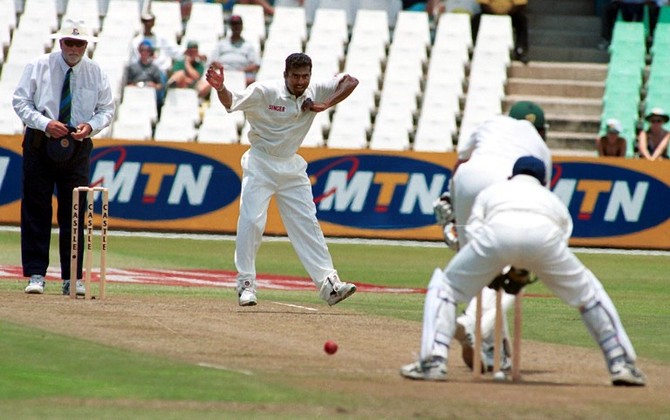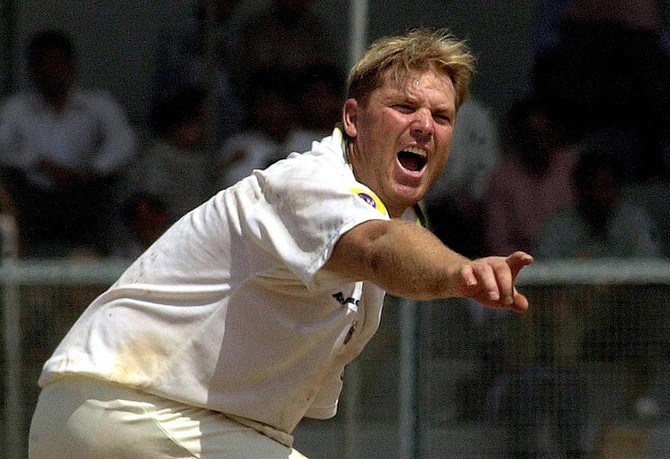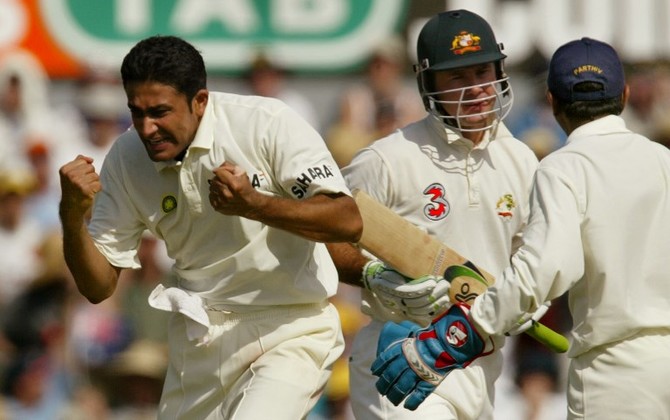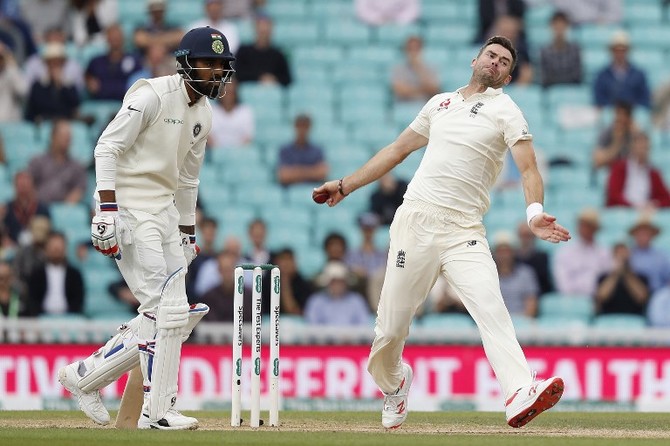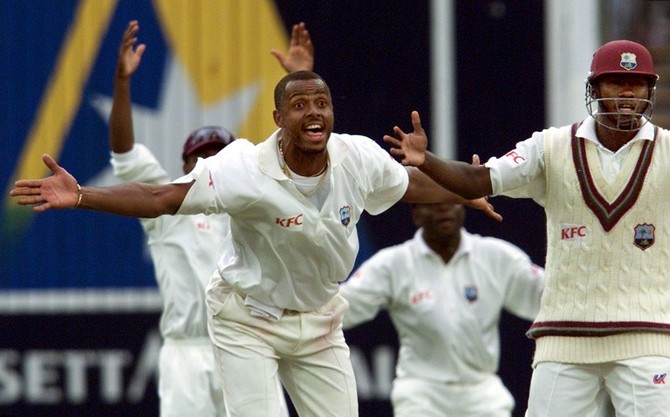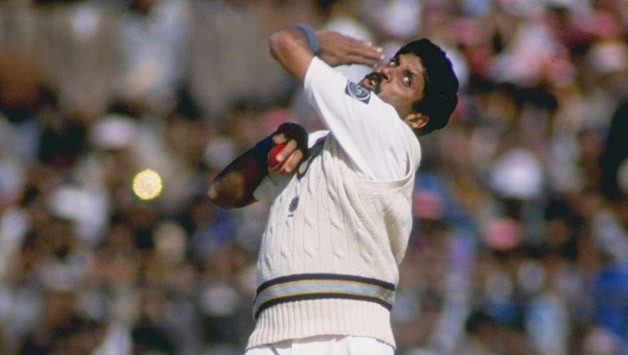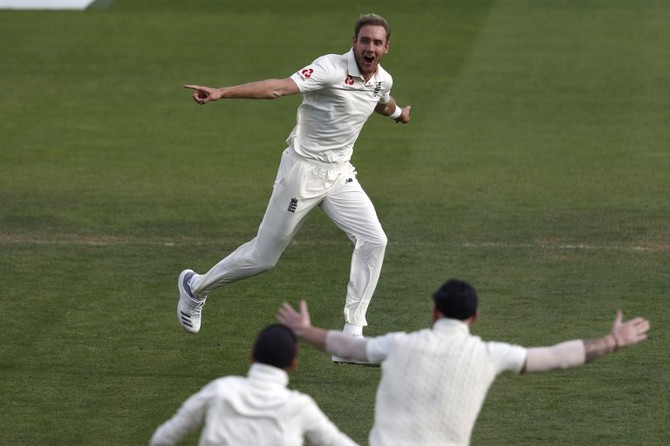On Tuesday James Anderson took his 564th Test wicket to become the game’s most prolific fast bowler. He is where he stands in the list of all-time top 10 Test wicket-takers.
MUTTIAH MURALITHARAN (Sri Lanka) 800 wickets in 133 Tests
The Sri Lankan spinner was rated greatest Test match bowler ever by Wisden Cricketers Almanack in 2002 and has the number of wickets to back that up. His career, however, was beset by controversy over his bowling action for much of his international career.

SHANE WARNE (Australia) 708 wickets in 145 Tests
The Aussie ace’s time in the middle was not without controversy, but there was no disputing the brilliance of his bowling. After decades dominated by pace attacks (Lillee and Thompson in the 70s and the West Indies fast bowlers of the 80s) Warne reminded everyone that spin and guile were just as effective a weapon — a true superstar who transcended the sport.

ANIL KUMBLE (India) 619 wickets in 132 Tests
In a country that produces world-class spinner after world-class spinner to be the best of the bunch is no mean feat. He was the mainstay of the India attack for over a decade and carried the nations hopes on his shoulders both as captain and the side’s spin king. Bowled quicker and flatter than his fellow legspinner Warne, but was no less effective.

JAMES ANDERSON (England) 564 wickets in 143 Tests
The king of swing has carried the England attack for over a decade and proved himself his country’s greatest ever bowler. Has got better with age and claims he feels as fit as ever. He will surely become the first fast bowler to get to the magical 600 mark within the next 12 months.

GLENN MCGRATH (Australia) 563 wickets in 124 Tests
He was not even the quickest fast bowler of the great Baggy Greens side of the 1990s and early 2000s, let alone the world. But he was certainly the most feared. His line and length were impeccable, with batsmen never really able to impose themselves on the pace ace. His partnership with Warne is arguably the greatest the game has ever seen.

COURTNEY WALSH (West Indies) 519 wickets in 132 Tests
When you think of great Windies bowlers there is a high chance you will think of Malcolm Marshall, Michael Holding, Curtly Ambrose and Colin Croft before Walsh. But the tall Jamaican has more wickets than all of those greats. He never really got the accolades he deserved until the end of his career and his partnership with Ambrose will go down as one of the most feared ever.

KAPIL DEV (India) 434 wickets in 131 Tests
Along with Ian Botham, Richard Hadlee and Imran Khan the Indian was one of the four great all-rounders of the late 1970s and 1980s, but Dev ended up with more wickets than all his illustrious rivals. He memorably led India to World Cup glory in 1983 and will go down as one of the all-time greats of the game.

STAURT BROAD (England) 433 wickets in 123 Tests
If he can stay fit and motivated James Anderson’s partner-in-crime may well, one day, overtake his England teammate. Broad has not always had it easy in the side but whenever his place has been in doubt he has produced some of the greatest spells the game has seen (The Oval in 2009, Trent Bridge 2015, Johannesburg 2016).

RICHARD HADLEE (New Zealand) 431 wickets in 86 Tests
New Zealand’s first truly world-class player was handy with the bat and brilliant with the ball. Most, if not all, of the Kiwis’ victories during the 1970s and 1980s were down to him. He carried the attack with his accuracy with many batsmen of the era crediting him as the toughest bowler they faced.

RANGANA HERATH (Sri Lanka) 430 wickets in 92 Tests
The only left-armer in the top 10, Herath has carried the Sri Lanka attack in the absence of Muralitharan with his left-arm spin. Still going, expect him to move up the rankings.




